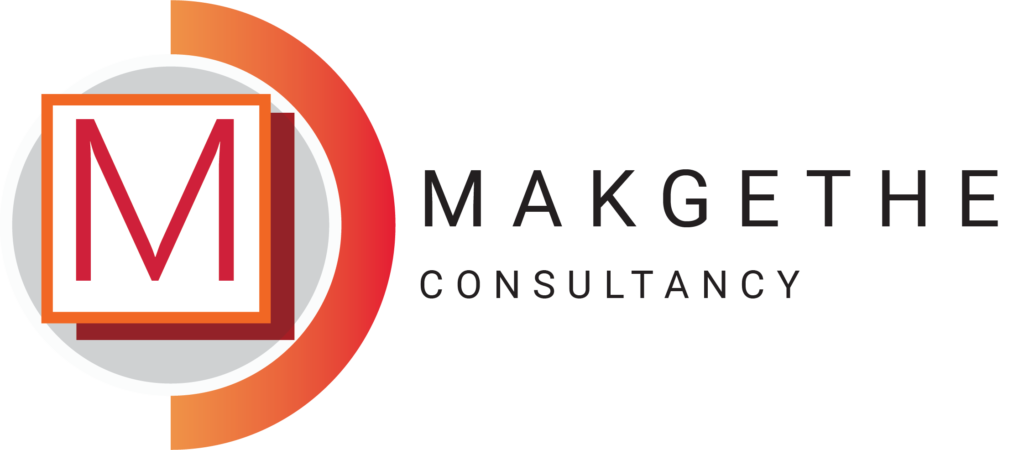Roadblocks
In accordance with the Police Act, the police may erect roadblocks with the National or Provincial Police Commissioner’s approval. A police officer may search any car that has stopped at a roadblock under the Act. it is well within your legal right to ask for the roadblock’s certificate of authentication that is signed by either the National or Provincial Police Commissioner.”
How to respond to a Roadblocks?
it helps to be polite to the officer on duty as being cooperative will expedite the process.
Can I ask the police officer for identification?
Yes, police officers are obligated to display identification. In other words, their names ought to be visible on their uniforms. If this is not the case, you can request to see identification to be sure you are dealing with a law enforcement official. As a result, you may ask to view an officer’s identification (certificate of appointment) In terms of section 334(2)(a) of the Criminal Procedure Act.
What happens when I am suspected of driving under the influence and/or drinking in a public place?
There are strict procedures officers must follow in cases where they suspect drinking and driving. Take note of the following:
- if an officer asks whether you have been drinking and you have, answer honestly to avoid a lie working against you if the breathalyser suggests otherwise. It is an offence to submit or provide any information which is false or misleading or any false document or document which purports to be but is not a true copy of an original document in relation to any application, objection, representations, reply to any objection or representations or complaint or request in terms of this Act. (s128 of the Gauteng Liquor Act)
- you may not unreasonably refuse to be breathalysed. If your blood-alcohol level is above the legal limit (0.05g/dl), you will be taken to a mobile unit, clinic or hospital for blood to be drawn. It is an offence for any person to refuse or fail to comply with any lawful demand, order or requirement of an inspector or police officer; (s130(b) of the Gauteng Liquor Act)
- you may be detained while your case is being processed. You should be placed together with others of your own gender only
What happens during the examination with the medical practitioner?
- The officer will provide the medical practitioner with a SAPS 308A form. The medical practitioner will complete it including the GW 7/54 form.
- blood samples are valid only if they are taken within two hours of you being stopped, so keep an eye on the time. Late test results may be thrown out of court, as will results from test kits that were beyond their expiry date.
- you have the right to call your own doctor, provided they can get there in time, and to insist on the use of sterile, clean equipment (opened in front of you) for drawing blood. If you do not believe these health standards are being met, you may refuse to have blood taken until the situation is remedied. Remember, your skin must not be cleaned with alcohol as this can affect the test result, it would be recommendable to clean with water or acetone.
- a police officer should stay present when your blood is being taken and he/she may use reasonable force
Am I required to give consent?
Consent is not necessary, but it should be obtained as far as possible. Consent can be tacit or implied.
What are some of the details that the medical practitioner fills in the forms?
- Place and time of incident / arrest
- Patient personal information.
- Patient medical history
- If you are on any medication.
- Previous injuries
- When did you consume alcohol in the last 24 hours (you do not need to answer this)
Will the medical practitioner explain the reason and/or examination process?
Yes, the medical practitioner will explain the reason and procedure of the examination before conducting such examination.
What are some of the information that should be filled in on the blood alcohol collection kit?
- The details of the doctor
- Case number
- Name of the officer
- Persal number of the officer
- Date and time of the sample collection, test conducting and test conclusion.
- Seal number
- AM
What does the medical practitioner observe and/or what tests does he/she conduct
From the time you enter the examination room the doctor is observing your gait and behaviour. Therefore, some of the important things he/she may look at are:
- Coordination test;
- Gait;
- Intelligence;
- Nystagmus;
- Memory; and
Some of the examinations that will be conducted are:
- Clinical Examination;
- Neurological Examination; and
- Intellectual Function
What does Section 65 of the National Road Traffic Act 93 of 1996 say Driving while under the influence of intoxicating liquor or drug having narcotic effect, or with excessive amount of alcohol in blood or breath?
Section 65(1) of the National Road Traffic Act 93 of 1996 (“National Road Traffic Act”) states that no person shall on a public road— (a) drive a vehicle; or (b) occupy the driver’s seat of a motor vehicle the engine of which is running, while under the influence of intoxicating liquor or a drug having a narcotic effect.
Section 65(2) of the National Road Traffic Act states that no person shall on a public road — (a) drive a vehicle; or (b) occupy the driver’s seat of a motor vehicle the engine of which is running, while the concentration of alcohol in any specimen of blood taken from any part of his or her body is not less than 0,05 gram per 100 millilitres, or in the case of a professional driver referred to in section 32, not less than 0,02 gram per 100 millilitres.
Section 65(5) of the National Road Traffic Act states that no person shall on a public road — (a) drive a vehicle; or (b) occupy the driver’s seat of a motor vehicle the engine of which is running, while the concentration of alcohol in any specimen of breath exhaled by such person is not less than 0,24 milligrams per 1 000 millilitres, or in the case of a professional driver referred to in section 32, not less than 0,10 milligrams per 1000 millilitres
At the time of the alleged contravention the test of alcohol in any specimen of blood and/or any specimen of breath must be done within 2 hours as per the section 65(3) and (6)
Section 65(8) of the National Road Traffic Act states that any person detained for an alleged contravention of any provision of this section shall not— (a) during his or her detention consume any substance that contains alcohol of any nature, except on the instruction of or when administered by a medical practitioner; (b) during his or her detention smoke until the specimen referred to in subsection (3) or (6) has been taken, as the case may be
Section 65(9) of the National Road Traffic Act states No person shall refuse that a specimen of blood, or a specimen of breath, be taken of him or her.
What are some of the offences cited in the Gauteng Liquor Act 2 of 2003?
It is an offence for any person to-
- sell any liquor otherwise than under a licence or permit issued in terms of this Act or an exemption granted under section 123 or 124; (s127(a) of the Gauteng Liquor Act)
- be intoxicated, violent or disorderly on any premises, whether licensed or not, on which liquor may by virtue of this Act be sold; (s127(b) of the Gauteng Liquor Act)
- be intoxicated in or on or near any public place, including but not limited to any road, street, lane, thoroughfare, square, park, market, shop, warehouse or public garage, etc (s127(c) of the Gauteng Liquor Act)
- consume liquor in or on or near any public place, including a motor vehicle driven on a public road or parked in a public place; (s127(d) of the Gauteng Liquor Act)
- introduce, possess or consume any liquor on a sports ground, or any part thereof, to which the public has or is granted access, except on any licensed premises situated on the sports ground concerned; (s127(e) of the Gauteng Liquor Act
- falsely represent himself or herself or any other person to belong or not to belong to a category of persons in order to persuade the licensee, or his or her agent or employee, to sell or supply liquor to him or her or that other person which may by virtue of this Act not be sold or supplied to a person who does not belong or belongs to that category; (s127(f) of the Gauteng Liquor Act)
- supply liquor to a person in his or her employ as wages or remuneration or as a supplement; therefore, (s127(g) of the Gauteng Liquor Act)
- sell or supply any illegal or counterfeit liquor; or (s127(h) of the Gauteng Liquor Act)
- contravene any provision of this Act. (s127(i) of the Gauteng Liquor Act)
- It is an offence to submit or provide any information which is false or misleading or any false document or document which purports to be but is not a true copy of an original document in relation to any application, objection, representations, reply to any objection or representations or complaint or request in terms of this Act. (s128 of the Gauteng Liquor Act)
- refuse or fail to comply with any lawful demand, order or requirement of an inspector or police officer; (s130(b) of the Gauteng Liquor Act)
- hinder, obstruct or interfere with an inspector or police officer in the exercise of his or her powers; (s130(c) of the Gauteng Liquor Act)
- fail to comply with a compliance notice issued in terms of this Act; (s130(e) of the Gauteng Liquor Act)
- Section 133 Gauteng Liquor Act states that, any person who is guilty of an offence in terms of this Act, shall on conviction be liable to a fine not exceeding R100 000,00 or to imprisonment for a period not exceeding ten (10) years or both such fine and imprisonment
What are some of my duties in terms of section 47(1) and (2) of the Gauteng Liquor Act 2 of 2003
If you are a licenced to sell liquor you have a duty under section 47(1) and (2) of the Gauteng Liquor Act which state that, a licensee shall refuse to admit to the licensed premises or any part thereof, or sell or supply liquor to an intoxicated person and shall have such person removed from the licensed premises or any part thereof. A licensee may request any police officer to remove or assist in removing from the licensed premises any person contemplated in subsection (1).

